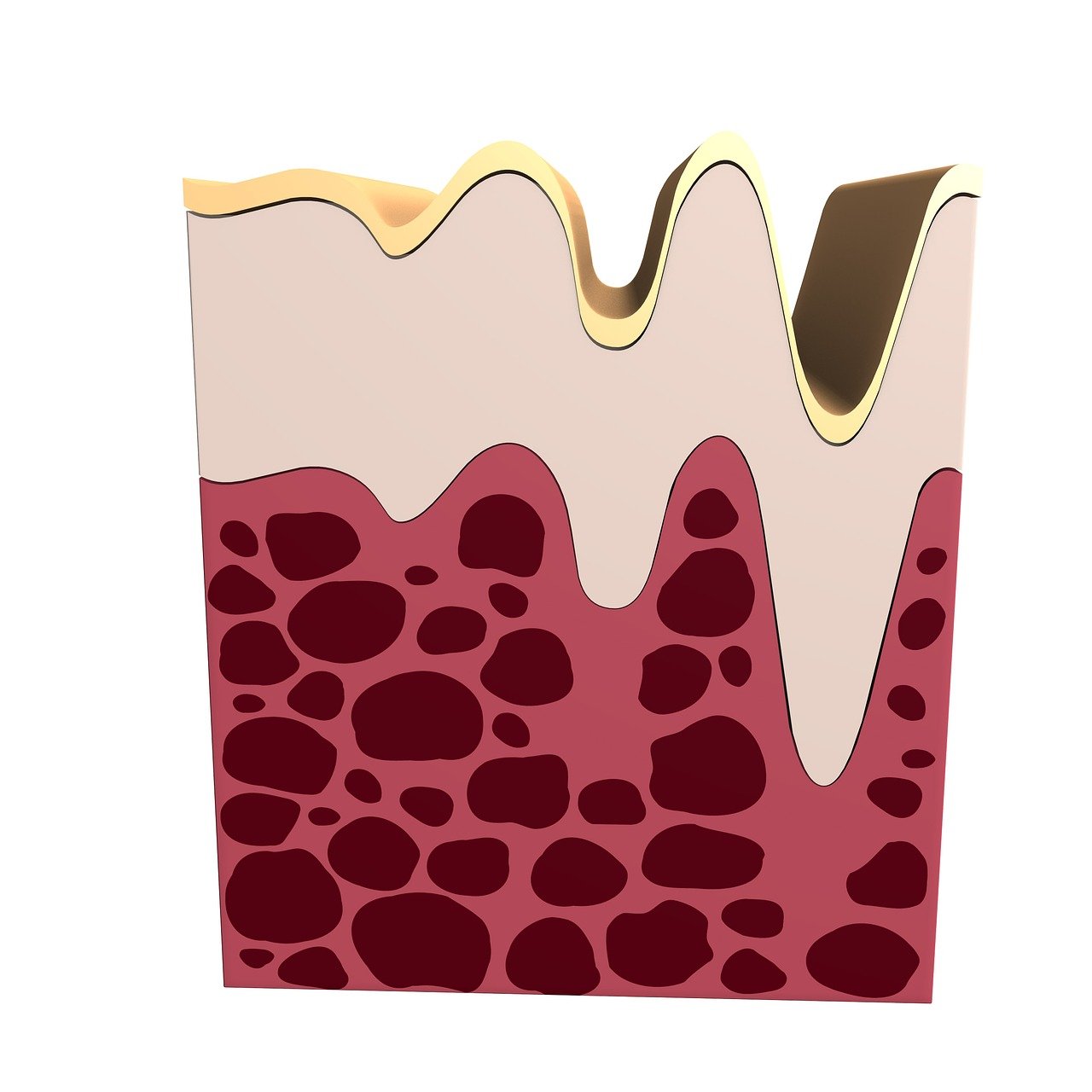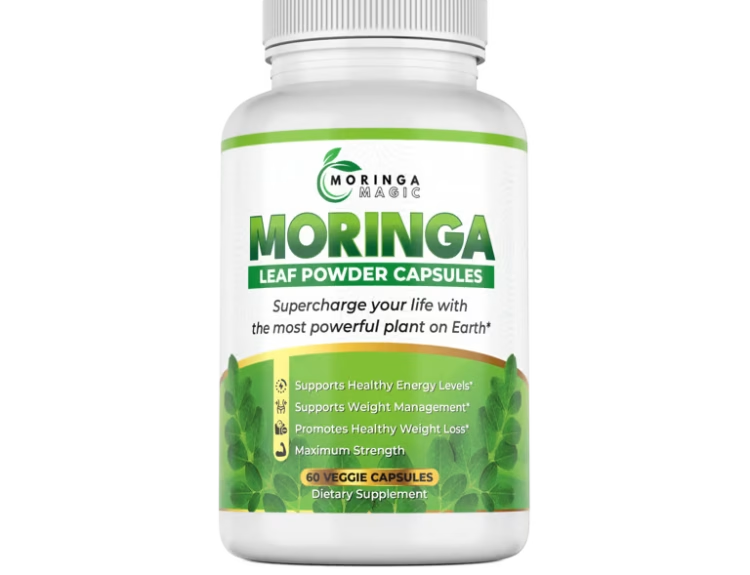This question is often debated when considering whether to introduce collagen into our bodies that isn’t naturally common in our diets.
Collagen is a structural protein that offers essential sustenance to tissues all over the body, giving them strength and flexibility. In fact, it is the most abundant protein in the human body, found in skin, bones, muscles, tendons, and even blood vessels. However, as we age, our body’s natural collagen production declines, leading to visible signs of aging such as wrinkles, sagging skin, and weaker joints. Additionally, modern lifestyles—characterized by stress, poor dietary choices, and exposure to environmental pollutants—can further accelerate collagen depletion.
In the past, people obtained sufficient collagen through traditional diets rich in bone broths and slow-cooked meats. However, with the shift towards processed and convenience foods, natural sources of collagen are consumed far less frequently. As a result, collagen supplementation has gained popularity as a means to replenish lost collagen and promote overall health.
Key Benefits of Collagen
1. Skin Health & Anti-Aging
One of the most well-known benefits of collagen is its ability to improve skin health. As we age, skin elasticity decreases, wrinkles become more prominent, and hydration levels drop. Lack of sleep, high stress levels, and overworking ourselves only accelerate this process.
Collagen supplements can significantly enhance skin appearance by boosting elasticity, reducing fine lines, and restoring moisture. Studies have shown that consistent collagen intake can help improve skin texture, making it look firmer and more youthful. However, it’s important to complement supplementation with proper hydration, a nutrient-rich diet, and sun protection for the best results. Many people who take collagen regularly notice a visible improvement in their complexion, often describing their skin as having a “glow from within.”
2. Joint Health & Mobility
With age, joint problems become more common, often accompanied by stiffness, discomfort, and reduced mobility. The cracking sound in the knees—a telltale sign of aging—results from the wear and tear of connective tissues. Collagen plays a crucial role in maintaining the integrity of cartilage, which cushions joints and allows smooth movement.
Supplementing with collagen can help reduce joint pain, improve flexibility, and even support individuals suffering from conditions like osteoarthritis. Athletes and physically active individuals also benefit from collagen, as it aids in faster recovery from exercise-induced strain and reduces the risk of injuries.
3. Hair & Nail Strength
Another impressive benefit of collagen is its ability to support healthy hair and nails. If you struggle with brittle nails, frequent breakage, or hair thinning, collagen supplementation may help strengthen and revitalize them. Collagen contains amino acids like proline and glycine, which are essential for keratin production—a key component of hair and nails.
Regular collagen intake has been reported to promote hair growth, reduce breakage, and enhance shine. Similarly, nails become less prone to splitting, allowing them to grow longer and stronger over time.
4. Gut Health & Digestion
Beyond skin and joints, collagen also plays a role in gut health. The amino acids found in collagen help support the lining of the digestive tract, which can be beneficial for people dealing with leaky gut syndrome, irritable bowel syndrome (IBS), or other digestive issues. Since gut health is closely linked to overall well-being, improving digestion through collagen intake can positively impact immunity, energy levels, and even mood.
5. Muscle Mass & Recovery
Collagen is also beneficial for muscle strength and recovery, making it a great supplement for fitness enthusiasts. While it may not replace traditional protein sources like whey or plant-based proteins, collagen contains important amino acids that help maintain lean muscle mass. It also aids in post-workout recovery by reducing inflammation and speeding up muscle repair.
Collagen is available in various forms, including powders, liquids, and capsules, making it easy to incorporate into a daily routine. It can be mixed into smoothies, coffee, or even soups for added convenience. Interestingly, niacin—a form of vitamin B3—is often linked to collagen production. Instead of relying solely on topical treatments, we can support our skin from within by ensuring adequate intake of collagen and its supporting nutrients.
Is It Safe to Take Collagen Every Day?
Yes, collagen is generally considered safe for daily consumption in liquid, powder, or pill form. It offers numerous benefits for skin, joints, hair, nails, digestion, and muscle health. The recommended daily dosage typically ranges from 2.5 to 15 grams, depending on individual needs and lifestyle.
While collagen is highly beneficial, results take time and consistency. Some people notice improvements within a few weeks, while others may take a couple of months to see visible changes. As with any supplement, it works best when combined with a nutritious diet, proper hydration, and an active lifestyle.
Final Thoughts
Collagen is more than just a beauty supplement—it plays a crucial role in overall health. Whether you’re looking to enhance skin elasticity, support joint function, strengthen hair and nails, or improve gut health, collagen supplementation can be a valuable addition to your daily routine.
By making collagen a consistent part of our regimen, we can support our body’s natural structure, promote longevity, and maintain a youthful appearance from the inside out. While it’s not a magic cure, it certainly provides a solid foundation for long-term well-being.






